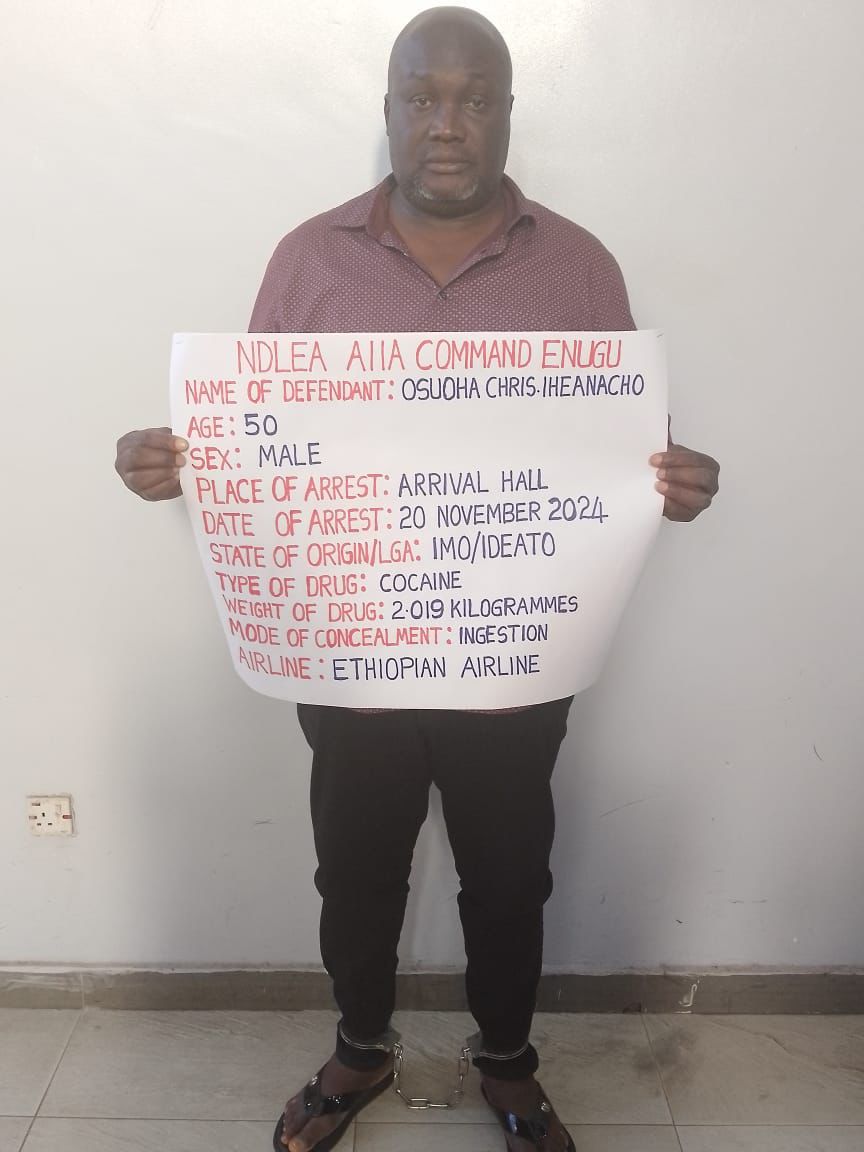Nigeria is set to receive its first consignment of the highly anticipated malaria vaccines on Thursday, marking a significant step in the country’s fight against one of its deadliest diseases.
The National Primary Health Care Development Agency (NPHCDA) announced that the vaccine, known as RTS,S/AS01 (Mosquirix), would be received in Abuja by Muhammad Ali Pate, the Coordinating Minister of Health and Social Welfare.
The News Agency of Nigeria (NAN) confirmed the event through an invitation sent by the agency, on Wednesday in Abuja.
NAN reports that the arrival of the vaccines is an initiative by the World Health Organisation (WHO) to distribute malaria vaccines to high-burden countries across Africa, including Nigeria.
The NPHCDA said that barring any unforeseen circumstances, the country would officially unveil the malaria vaccines on Thursday to help protect children from the life-threatening disease.
NAN reports that the introduction of the malaria vaccine is expected to significantly reduce malaria cases and deaths, especially in vulnerable populations.
The long wait
In May, PREMIUM TIMES reported that three other West African countries – Liberia, Sierra Leone and Benin – came ahead in the roll-out of anti-malaria vaccines. This newspaper reported that the three countries, with lesser malaria burden than Nigeria, rolled out in April thousands of doses of an anti-malaria vaccine for infants between 5 and 17 months old.
Nigerians need credible journalism. Help us report it.
Support journalism driven by facts, created by Nigerians for Nigerians. Our thorough, researched reporting relies on the support of readers like you.
Help us maintain free and accessible news for all with a small donation.
Every contribution guarantees that we can keep delivering important stories —no paywalls, just quality journalism.
Nigeria lagged despite carrying the highest global burden of the disease.
PREMIUM TIMES found that Nigeria missed out on the April rollout because the malaria vaccine designated for deployment in Nigeria by GAVI was not ready for distribution.
The GAVI Head of Malaria Vaccine, Scott Gordon, told this newspaper in May that the three countries which began deployment of doses of malaria vaccine to their children were those who received RTS,S- the vaccine that was ready for distribution at the time.
He said countries were matched with the vaccines based on cost alongside their level of demand, and that Nigeria, among other countries, was matched with the R21 vaccine.
Mr Scott noted that GAVI considered the R21 vaccine best suited for Nigeria based on the country’s needs and plans, as presented in its proposal to GAVI.
However, the batch of vaccine about to be delivered to Nigeria is from WHO, which has opted for the RTS,S/AS01 (Mosquirix) for the country.
Distribution strategy developed
The Nigerian government said it has developed a strategic distribution plan to prioritise regions most affected by malaria, particularly in rural areas where access to healthcare is limited.
The rollout will begin in these high-burden regions before expanding nationwide.
The expected vaccines, known as RTS,S/AS01 (Mosquirix), have been proven to reduce malaria cases and mortality among young children in large clinical trials across Africa.
Malaria remains serious challenge in Nigeria
Meanwhile, Malaria remains a serious public health issue in Nigeria, with transmission occuring all year-round in the southern regions and lasts up to three months in the northern regions.
The primary malaria vectors are “Anopheles coluzzii” and “Anopheles gambiae”, with “Anopheles funestus” playing a secondary role in some areas.
Nigeria accounts for 27 per cent of global malaria cases and 31 per cent of global malaria deaths, making it the country with the highest malaria burden in the world.
The prevalence of malaria among children under five years dropped from 42 per cent in 2010 to 23 percent in 2018.
There are significant disparities between rural (31 per cent) and urban (13 per cent) populations, as well as socioeconomic groups.
In response to the ongoing malaria crisis, the National Malaria Elimination Programme (NMEP) launched the High Burden High Impact (HBHI) approach.
The goal is to reduce malaria prevalence to below 10 percent and malaria-related deaths to fewer than 50 per 1,000 people by 2025.
Efforts have included switching to injectable artesunate for severe malaria treatment and increasing coverage of preventive malaria treatments for pregnant women.
The percentage of pregnant women receiving at least three doses of intermittent preventive treatment with sulfadoxine-pyrimethamine increased from 16.6 per cent in 2018 to 31 per cent in 2021.
However, challenges such as low antenatal care attendance and limited access to treatment remain obstacles to further progress.
NAN reports that public health experts are optimistic about the vaccine’s potential to save lives.
They believe that this vaccine, when combined with other preventive measures, will significantly reduce the malaria burden in Nigeria and bring the country closer to achieving the goal of a malaria-free Africa.
(NAN)
Support PREMIUM TIMES' journalism of integrity and credibility
At Premium Times, we firmly believe in the importance of high-quality journalism. Recognizing that not everyone can afford costly news subscriptions, we are dedicated to delivering meticulously researched, fact-checked news that remains freely accessible to all.
Whether you turn to Premium Times for daily updates, in-depth investigations into pressing national issues, or entertaining trending stories, we value your readership.
It’s essential to acknowledge that news production incurs expenses, and we take pride in never placing our stories behind a prohibitive paywall.
Would you consider supporting us with a modest contribution on a monthly basis to help maintain our commitment to free, accessible news?
TEXT AD: Call Willie - +2348098788999

















 English (US) ·
English (US) ·